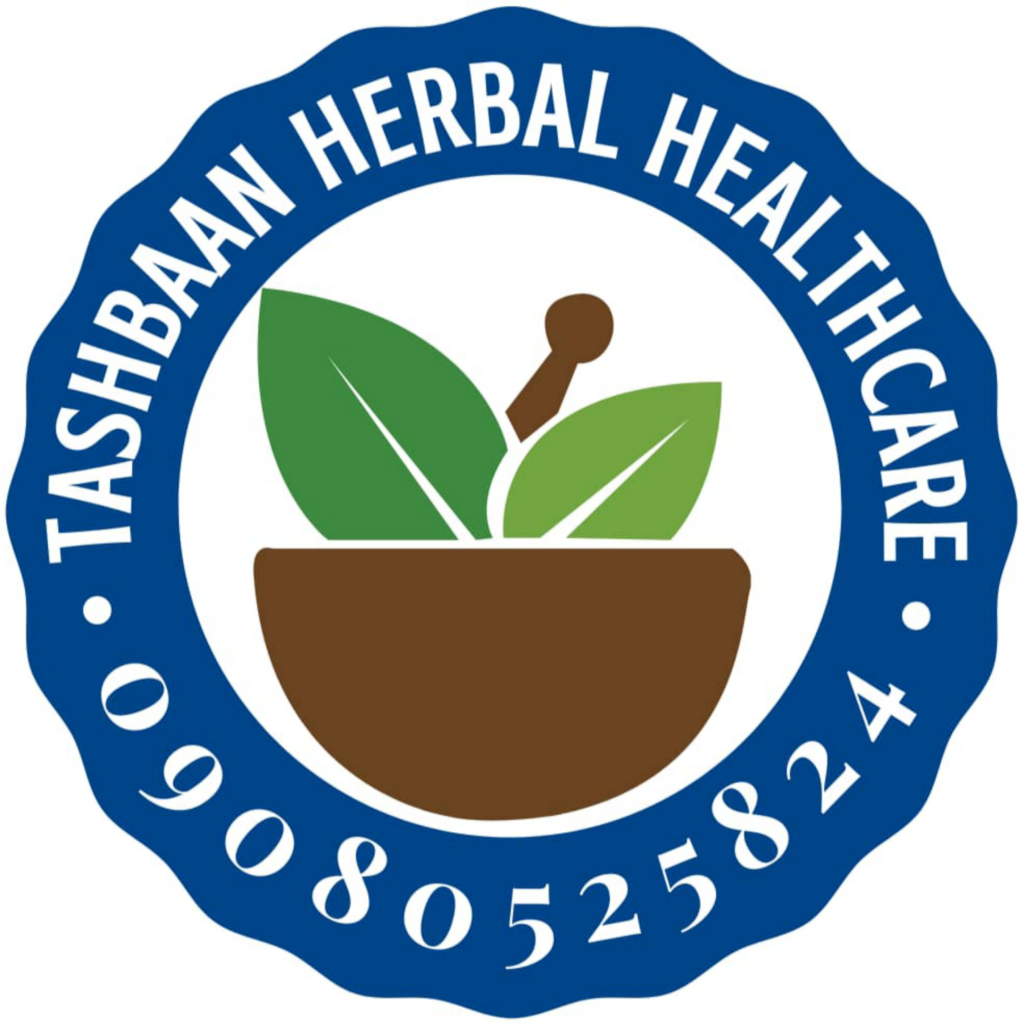Frequently Asked Questions

Why use herbal medicine?
The World Health Organization (WHO) estimates 4 billion people in the world use herbs. Herbs have been used medicinally by all cultures throughout history and presently in primary health care. Today, an increasing number of people in the world are using herbal medicine to treat their health conditions.
An herb is a plant or plant part valued for its medicinal, aromatic, or savory qualities. Herb plants produce and contain a variety of chemical substances that act upon the body. Many drugs commonly used today are of herbal origin, such as digitalis, derived from foxglove, in cardiac conditions. Indeed, about 25 percent of the prescription drugs dispensed in Africa and other countries contain at least one active ingredient derived from plant material.
WHO notes that of 119 plant-derived pharmaceutical medicines, about 74 percent are used in modern medicine in ways that correlate directly with their traditional uses as plant medicines by native cultures. Major pharmaceutical companies are currently conducting extensive research on plant materials gathered from around the world for their potential medicinal value.
How does herbal medicine work?
Traditional herbs work on a synergistic level with acupuncture. Herbs have been used safely and medicinally for thousands of years with minimal side effects when prescribed correctly by a trained herbalist. What makes Traditional herbs particularly safe and effective is the art of combining herbs to form a carefully balanced prescription or herbal formula. (Traditional herbs are rarely taken individually.) These individualized formulas not only treat the patient’s main, presenting problem but also address associated, secondary problems.
Traditional herbal formulas are based on standard, classical prescriptions that have been tried and tested through millenniums of clinical use, and are modified to fit the individual needs of the patient. The herbalist modifies the prescription by taking out unnecessary herbs or those with redundant functions and adding herbs to address any additional symptoms the patient has.
Nourishing and harmonizing herbal formulas serve as excellent tonics, strengthening those weakened by overwork, serious illness, childbirth, or poor diet and irregular eating. Herbs with a cooling action can counteract fevers, night sweating, and hot flashes. Similarly, herbs with a warming action can help those who feel cold. They work on the mind (Shen, in Chinese) as well as the body, treating stress, anxiety, depression, and insomnia. Herbs can be used for acute and chronic conditions, e.g. colds, allergies, digestive disorders, menstrual conditions, rashes, and pain to name a few but are not limited to. Herbs have been used for thousands of years to reach and maintain good health.
Are herbal medicines safe?
The minimization of side effects while maintaining clinical efficacy is the chief benefit of herbal formulas. Their comparatively gentler action reduces the potential for side effects drugs cause. Using single herbs require higher dosages to achieve therapeutic effect, thus increasing the potential of side effects such as in drug therapy. By combining herbs with similar functions that moderate each other’s actions into an herbal formula, Traditional herbalists can lower the dosages of individual herbs to minimize the likelihood of side effects. Although rare, when side effects do occur they are generally limited to gas, indigestion, or changes in bowel habits and will stop when the herb’s use is discontinued. To prevent future recurrence, the TCM herbalist can modify the formula by adding herbs that improve digestive function to counteract the harsh properties of the herbs.
What are the steps for quality assurance of herb formulas used?
Tashbaan Herbal Healthcare uses herbal formulations at the forefront of herbal medicine preparation. Every measure is taken to produce herbal formulas of the highest quality and purity. Manufacturers are among the most reputable and technologically advanced suppliers known today. The facilities are cGMP-certified for pharmaceutical products, which hold much higher standards than the GMP-certified facilities for dietary supplements commonly seen in the world. The proprietary technology results in products with the highest possible extraction ratio, and never adds any pharmaceuticals, dyes, or sugar. Little binding agents are added, so you never see the long list of inactive ingredients often found in other herbal products and dietary supplements on the market. Comprehensive tests for heavy metals and microbes are conducted for each batch of finished products by independent laboratories in China, Africa, and the USA, following the guidelines established by the U.S. Pharmacopoeia.
Are herbal medicines effective like Western drugs?
Yes. Many conditions treated by Western drugs can also be successfully treated with herbal medicine. Examples include hypertension, diabetes, headaches and pain conditions, fibromyalgia, allergies and sinus infections, acid reflux disease, bowel problems (IBS and Crohn’s disease), bladder infections, skin conditions, menstrual cramping, peri/ postmenopausal syndrome, Parkinson’s disease, insomnia, anxiety, depression and so on.
Patients and their physicians are often discouraged by the undesirable side effects of Western medications, or the prospect of having to remain on these drugs for long-term periods. Especially for chronic conditions, Traditional medicine often offers superior clinical results and longer-lasting effects than conventional medicine.
When beginning TCM treatments, patients on Western drugs should continue taking their medications. As their condition improves and with clearance from their prescribing physician, a patient may begin titrating (weaning) off the drug under their prescribing doctor’s supervision. Once they are completely off the drug, symptom-free, and cleared by the prescribing physician the patient is released from regular TCM visits.
What about interactions between drugs and herbs?
Because drugs are a powerful medicine, they can tend to negatively interact with each other and with other substances, such as food or herbs. So it is important to understand drug interactions if you are taking pharmaceutical interventions. What causes interactions is a biochemical process described as competition for binding sites on cells. Cells have binding sites that enable them to absorb substances and nutrients through the cell wall into the interior cell body. Each cell has a limited number of binding sites that substances can lock onto to pass through the cell wall. When many different substances try to gain entrance to the cells simultaneously, they flood the available binding sites and are unable to get in. This causes the interaction problem.
Taking herbs and drugs two hours apart from each other will usually eliminate the cause of this scenario. The interval allows one substance to use the available binding site to gain entry to the cells. After the substance passes through the cell wall the binding site is available for a second substance to be ingested by the cell; therefore, interactions do not occur. Please be sure to bring any prescription drugs or supplements that you are consuming with you and if any interactions are possible this will be addressed thoroughly at your appointment.
How is a Clinical Herbalist different from a Naturopathic Doctor who uses herbs?
In the United States, there is no licensure or regulations of who can call themselves an “herbalist” or who can practice using that title. It is extremely important to do your research and feel comfortable with your herbalist’s level of training. Some herbalists can attend weekend seminars or brief certificate programs and begin practicing with little actual clinical experience. Most clinical herbalists practicing in a professional setting will have gone through an accredited program of herbal studies with supervised practice and proper examination. Such programs include the Maryland University of Integrative Health (graduate-level accredited program) or Bastyr University (undergraduate-level accredited program). So, some herbalists have extensive knowledge of the medicinal potential of botanical medicines and a solid understanding of human physiology and pathophysiology. This allows them to provide holistic, custom, and individualized support for illness.
Herbal medicine is an integral part of a licensed naturopathic doctor’s training and career. Naturopathic doctors are licensed and regulated in 22 states as well as Washington, DC, Puerto Rico, and the US Virgin Islands. Our naturopathic doctors at Richmond Natural Medicine hold active licenses which means that they’ve completed 4-year naturopathic medical programs with extensive clinical training, passed rigorous board examinations, and maintain ongoing continuing education work. They use herbal medicine as one of their tools to support their patient’s health. What sets them apart from clinical herbalist is the depth of the study in the medical sciences (including human physiology and disease processes) as well as their background in other natural medicine tools (including lifestyle changes, clinical nutrition, and homeopathy). Tailored herbal medicine support is only one part of a naturopathic doctor’s care plan.
Is herbal medicine safe?
Yes – when administered properly. Herbs (plant/botanical medicines) have a profound effect on the human body. Comprised of thousands of medicinal constituents, herbs can affect multiple body systems in targeted ways while also working synergistically with the body for a holistic treatment approach – herbal medicine comes with minimal to no side effects in the process.
Is herbal medicine effective?
The effectiveness of herbal preparations is directly linked to appropriate dosing, frequency, and choice of herb. This is why it is so important to work in partnership with a licensed naturopathic doctor to be given appropriate dosing information and to have herbs custom-selected or compounded for you in a very tailored way. The main reason you hear of herbs not working is due to inappropriate dosing or using the incorrect herb for the illness.
How is herbal medicine different from modern-day pharmaceuticals?
When using herbs as medicine, you are employing the entire plant (root, flower, leaf, rhizome, etc.) which consists of a multitude of medicinal components capable of impacting multiple pathways in the body. Pharmaceuticals are manufactured to contain one specific compound. While pharmaceuticals are often aimed at one specific health goal, they impact multiple body systems – thus we see adverse side effects. Herbal medicines were not created for your specific diseases and illnesses, therefore there is no herb to “treat arthritis” or to “treat IBS.” Herbs, when combined in a custom compounded form, can be remarkably effective in providing full-body treatment that is not just symptom-specific. Herbal medicines do not have extensive side effect profiles as pharmaceuticals do.
Can I take herbal formulas in place of my medications?
It can be very dangerous to abruptly discontinue pharmaceuticals and extremely difficult for a layperson to choose an acceptable alternative(s) to their treatment. Our naturopathic doctors require patients to consult with their prescribing physician(s) regarding any changes to their medications. We are often able to support patients who are seeking to reduce their pharmaceutical use – this is a process and safety is most important.
What about all the conflicting information I find on the internet about herbal remedies? I’m afraid to try anything!
There is a great deal of conflicting information on the internet and little or no regulation of what is posted there. Some medical journals may offer reliable information, but the best course of action is to consult with a qualified herbal medicine practitioner or naturopathic doctor for accurate information that applies to you as an individual. That said our naturopathic doctors love empowering their patients to use herbal medicine at home in their day-to-day lives – it’s both incredibly simple and amazingly complex!

Support Our Mission
To Support Our Mission To Serve Almighty God and Humanity, You Can Help Us Meet People’s Health Needs By Donating Through The Account Below:
Account Name: Tashbaan Herbal Healthcare.
Account Number: 2000673997.
Bank: First City Monument Bank PLC (FCMB).
For inquiries, Call: 09080525824.
Do you need to see a Doctor?

We are a herbal medicine production company, engaging itself in herbal medicines and other commodities. The vision and determination of the Chairman, Prof. Dr. Mustapha Salami is to take the TRADITIONAL HERBAL MEDICINE (T.H.M) and its treasures to everybody, everywhere in the world…
Quick Links
Copyright © 2023 All Rights Reserved